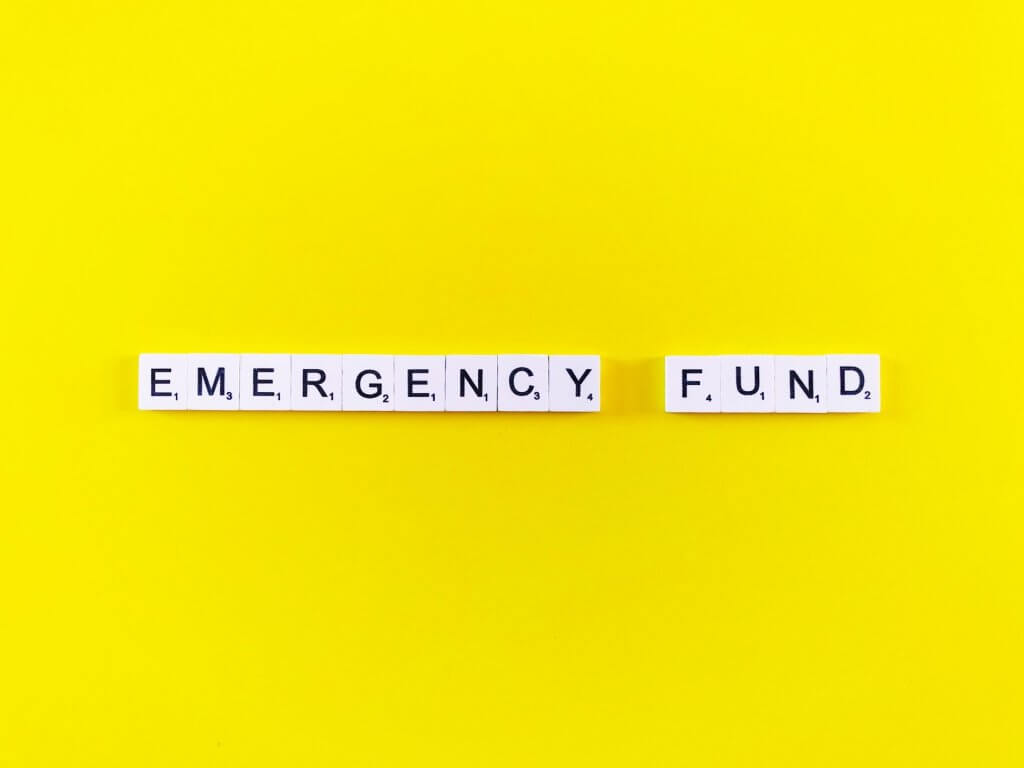If you have followed our ĠEMMA posts as well as webinars on the Pulse Money Management survey you will find that we speak of a rainy day fund. Before proceeding further, there are some who differentiate between an ‘emergency’ fund and a ‘rainy day fund’. The different between the two is that an emergency fund provides a safety net against major unexpected funds, and the ‘rainy day fund’ for minor unexpected events. In our opinion trying to differentiate between two funds makes it difficult to explain and confusing to understand.
Thus, we at ĠEMMA speak about the importance of having a rainy day fund. You may be asking what is a rainy day fund. To put it simply a rainy day fund is a financial safety net that protects you when some unexpected happens. So imagine that the clutch of your car just conks out on you. There are four basis ways of how to deal with this:
01. You have no money and you are already way out on your credit cards. You will park your car next to your house and leave it there until you have the money to repair it.

02. You have money in the bank but these are committed. You decide to max your credit card so that you get your car fixed. You have now an additional financial burden and a monthly commitment to pay off your card.
03. You have money in the bank. You dip in your savings account to pay off the repair costs. You now however have reduced savings.
04. Independent of other savings, every month you put aside another sum so that you build a rainy day fund. So – you pay off the repairs through your rainy day fund; and in doing so avoiding a mini crisis that may see you eating into your reserves to having to park the car until you can afford the repair.
With a rainy day fund you are buying yourself peace of mind for the future. When a crisis hits—large or small—your finances will not add to your stress levels as these will already have been taken care of, so you can get on with what needs to be done. It provides you with a financial safety net. Additionally, a rainy day fund protects you from dipping into other savings accounts when a crisis hits, helping you to stay on target with all of your budgeting and saving goals.




